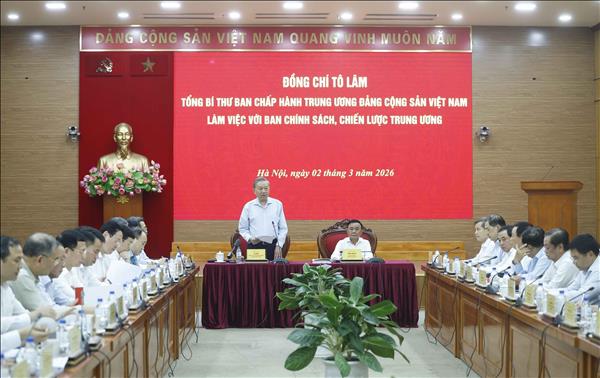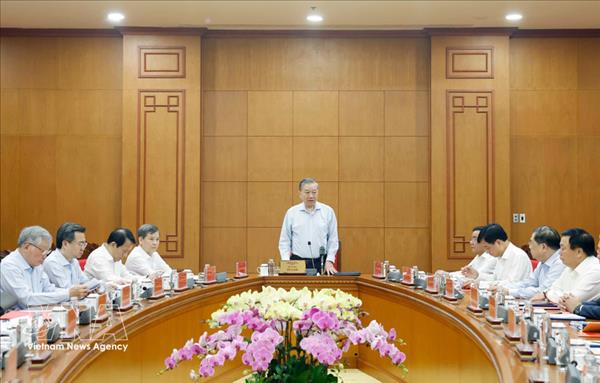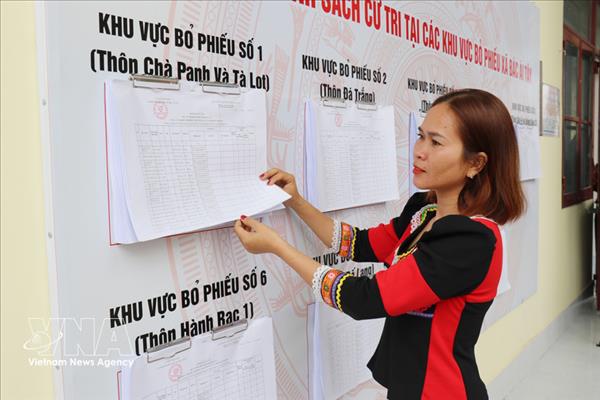The newspaper writes that while analysts have downplayed the Association of Southeast Asian Nations (ASEAN)’s economic exposure to Russia and Ukraine, they caution that a protracted conflict that hurts the European Union (EU) will have spillover effects, hitting everything from trade to tourism.
Malaysia's Maybank this month warned of "collateral damage on ASEAN" from the conflict and resulting sanctions against Russia.
"A broader Europe downturn will have larger knock-on effects on ASEAN's exports, foreign direct investment and growth," Maybank's report said, pointing out that the EU accounts for 9 percent of ASEAN's exports and 11 percent of the bloc’s total foreign direct investment.
Financial services firm Morgan Stanley Asia this month downgraded its growth projections for Singapore to 3.7 percent from 4.8 percent, for Thailand to 3.3 percent from 4.3 percent, and for the Philippines to 7 percent from 7.5 percent.
Meanwhile, Maybank noted that before the pandemic, Europeans accounted for the largest share of visitors to Thailand, at 17 percent. They also made up 13 percent of Indonesia's arrivals and 11 percent of Singapore's. But a worsening European economy and inflationary pressure could dampen travel demand.
Nikkei Asia cited experts as saying that as the upward pressure on energy and food prices increases, it will put a damper on ASEAN economic rebounds.
Credit rating firm Moody's said inflationary pressure is likely to build faster in economies where fuel and electricity prices have a heavier weighting in consumption baskets, or where imported fuel is predominant. This will put ASEAN governments in a tight spot, after two years of pandemic pain./.

















